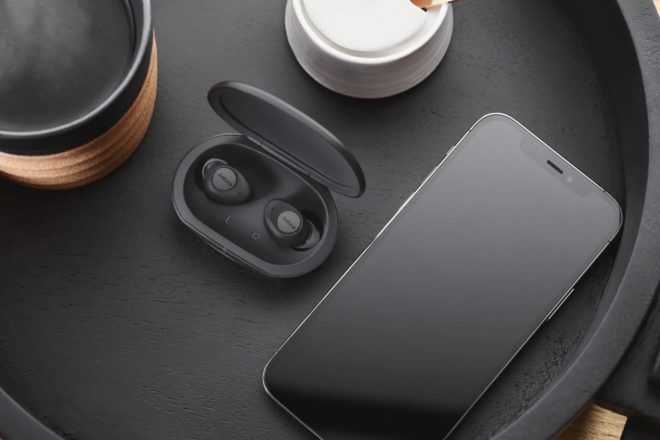Types of Hearing Loss
Hearing loss is a significant health concern for many adults that can impact every aspect of daily life. Our team at Empire Hearing & Audiology locations throughout New York are committed to solutions to help people manage their conditions. According to the National Institute on Deafness and Other Communication Disorders, about 5% of adults ages 45-54 have disabling hearing loss. The rate increases to 10% for adults ages 55-64. Hearing impairment is a significant health concern, and the risks increase as we age, although the condition differs for everyone.
Understanding Hearing Loss
Hearing loss is the result of one or more parts of the ear not working effectively. It can range from mild difficulties picking up soft sounds to profound loss, where even loud noises become inaudible. Regardless of the degree, hearing loss often has a noticeable impact on life, making it essential to understand its nature and seek appropriate solutions.
Conductive Hearing Loss
This type of loss happens when sounds can’t travel through the outer ear and canal to the eardrums and the tiny bones of the middle ear. Causes can include blockages due to earwax, infections, eardrum injuries, or fluid buildup. Patients may experience sudden hearing loss, muffled sounds, or a feeling of fullness in the ears. Treatments often involve medical intervention to remove blockages, surgery, or hearing aids for some cases.
Sensorineural Hearing Loss
The most common form of impairment is sensorineural hearing loss. It is caused by damage to the inner ear or the auditory nerve. This can stem from aging, exposure to loud noises, genetic factors, and certain medical conditions. Symptoms include difficulty understanding speech, especially against background noise, and not hearing sounds clearly, such as the television or music. While this type of hearing loss is often permanent, hearing aids or cochlear implants are methods to manage the condition effectively.
Mixed Hearing Loss
When individuals have both conductive and sensorineural conditions, they are diagnosed with mixed hearing loss. It can be complex to manage due to the multiple factors affecting different parts of the ear. Diagnosis and treatment plans are tailored to address both aspects of the loss and may include a combination of medications, surgery, and hearing aids.
Auditory Neuropathy Spectrum Disorder (ANSD)
ANSD is characterized by the sound entering the inner ear normally but experiencing problems with transmission along the auditory nerve to the brain. Individuals may struggle with understanding speech clearly, making it challenging to communicate. This is a unique condition and is relatively rare compared to other forms of loss. Treatment often involves a specialized approach, including hearing aids, cochlear implants, or other assistive listening devices.
The Importance of Early Detection
Like any medical condition, early detection of hearing loss is pivotal. Regular hearing tests can monitor and indicate subtle changes in hearing ability. These assessments are also vital to determine the type and severity of hearing loss, allowing for the creation of an effective treatment plan. Statistics reveal that the prevalence of hearing loss in adults, particularly older individuals, is substantial. It’s crucial for adults to be aware of this and monitor their hearing capabilities throughout adulthood.
Hearing Aids and Amplification Devices
Hearing aids are marvelous devices made to improve hearing by amplifying sound. For many types of hearing loss, especially sensorineural, they are an invaluable tool in restoring the ability to communicate and participate in daily activities. These devices come in various styles and technologies and can be tailored to one’s specific hearing needs.
Be Proactive in Protecting Your Hearing
Taking steps to protect your hearing is essential since hearing loss is linked to other health problems. Everyone can take proactive measures such as wearing ear protection in loud environments, including concerts, construction sites, or when using loud machinery. Maintain overall ear health by not inserting objects into the ears, including cotton swabs, keeping them clean and dry, and seeking prompt medical attention for ear infections or changes in hearing ability.
Take Action Towards Better Hearing
At Empire Hearing & Audiology locations in New York, we believe everyone deserves quality services to address hearing loss. If you or a loved one has noticed signs of hearing difficulty, contact us for a free hearing assessment. We are committed to helping you find the perfect solution tailored to your unique hearing profile. Find one of our convenient locations near you and take the first step to taking control of your hearing health.



